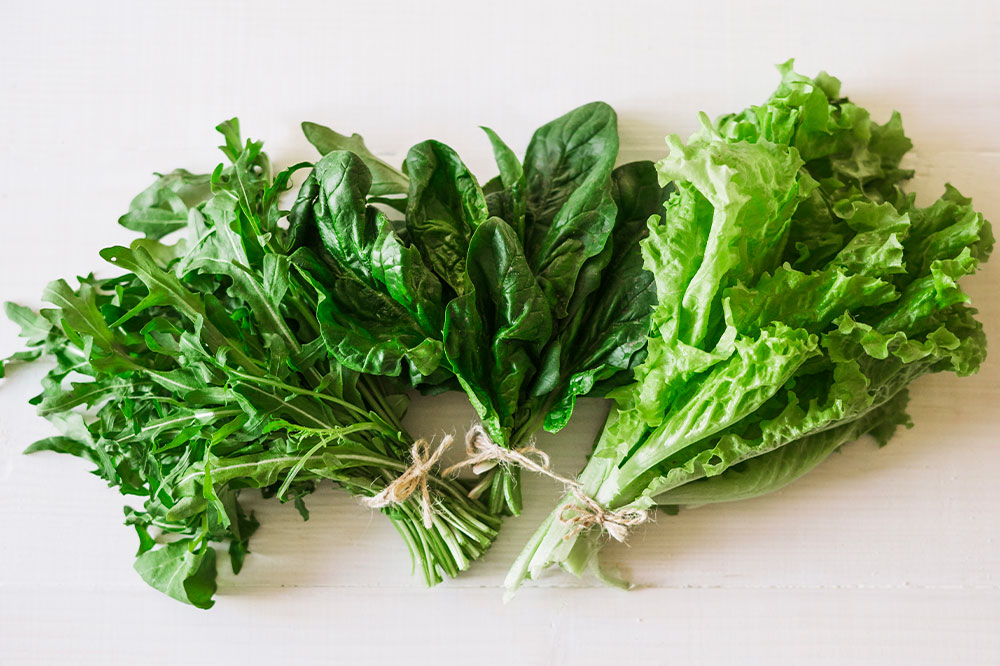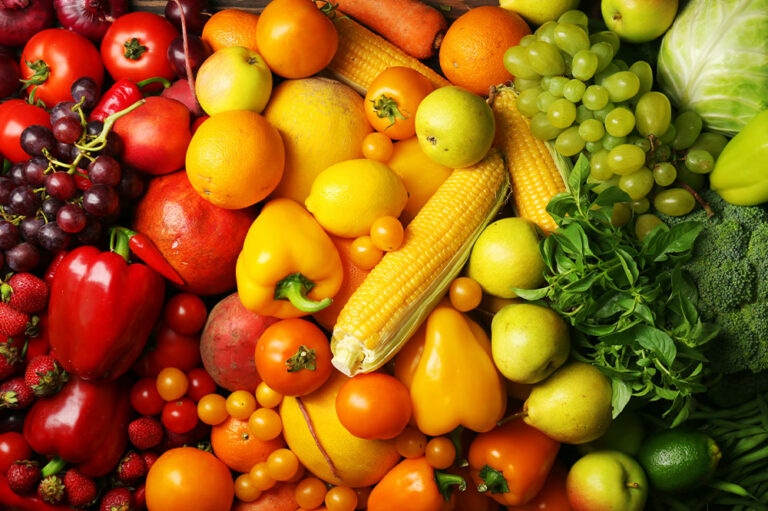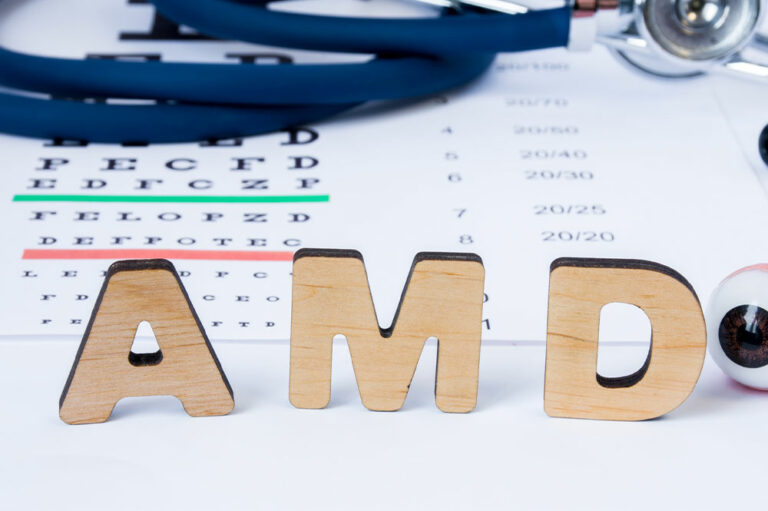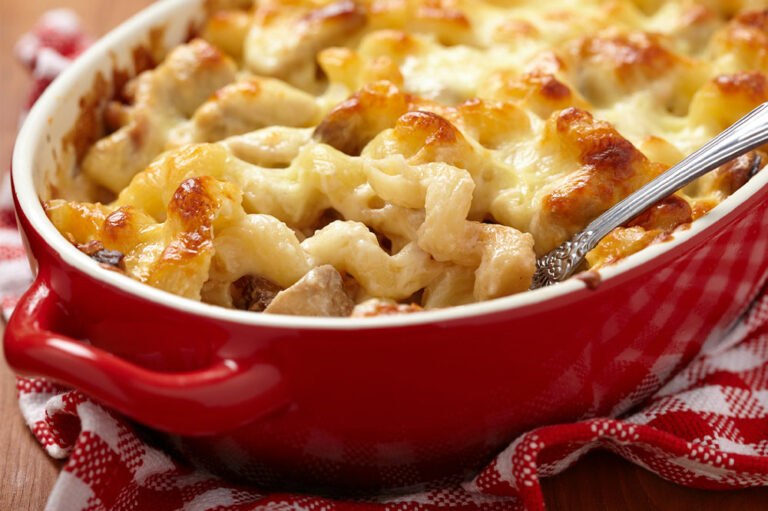
Foods to eat and avoid for improved kidney health
Kidney disease is a very common problem that affects most people. Though small in size, the kidneys perform vital functions and play a significant role in the overall health of the body. They filter waste products from the blood and flush them out of the body in the form of urine. To keep the kidneys in good health and to keep kidney disease away, consider adding these foods to one’s daily meal plans.
Green leafy vegetables : Kale and spinach are full of essential minerals and vitamins that help support kidney function and overall health. These vegetables contain vitamins C, A, and K. They are also rich in carotenoids and flavonoids. They have anticancer effects and give an extra boost to immunity.
Apples : They help reduce bad cholesterol, protect from heart disease, prevent constipation, and alleviate the risk of cancer. Apples are a rich source of fiber and anti-inflammatory compounds. Since apples are versatile, they can be consumed raw, in baked form, and as juice or vinegar.
Garlic : A good source of vitamin C, manganese, and vitamin B6. Garlic also has anti-inflammatory properties and adds flavor to dishes.
Berries : Blueberries and strawberries are rich in antioxidants, vitamins, and fiber. These also have anti-inflammatory and anti-cancerous effects on the body. Berries play an important role in keeping any kidney disease at a distance. The other kinds of berries include cherries, cranberries, raspberries, and more.
Cauliflower : A good source of nutrients, cauliflower helps in keeping kidney disease at bay. It is full of anti-inflammatory compounds such as indoles. It is also a rich source of vitamins C, K, and B folate. One can also consume mashed cauliflower in place of potatoes as a low-potassium side dish.
Sweet potatoes : They are also similar to white potatoes but rich in fiber and help maintain insulin levels. Sweet potatoes are a rich source of vitamins, potassium, and minerals. They also help balance sodium levels in the body and reduce their effect on the kidneys. Sweet potato is also a high-potassium food.
Red grapes : They are not only tasty but also high in vitamin C and antioxidants called flavonoids. Red grapes are rich in resveratrol, which offers many benefits to the heart and protects against diabetes and cognitive decline. This sweet fruit is kidney-friendly and contains sodium, phosphorus, and potassium.
Fatty acids : Omega-3 fatty acids support cell function. They are responsible for making hormones that regulate functions such as contractions, blood clotting, inflammation, and relaxation of the artery walls. Since the body cannot produce Omega-3 fatty acids on its own, one needs to consume food items that are a rich source. Walnuts, chia seeds, soybeans, canola oil, mackerel, and salmon are great sources of Omega-3 fatty acids.
Egg whites : They offer a high-quality, kidney-friendly source of protein. Egg whites are an excellent choice for those undergoing dialysis as they have higher protein needs.
Olive oil : It is a healthy source of fat and is phosphorus-free, which makes it a great option for people with kidney disease . The fat in olive oil is a monounsaturated fat called oleic acid with anti-inflammatory properties. The fat is stable at high temperatures, making olive oil a healthy choice for cooking.
Red bell pepper : It is low in potassium and rich in flavor, which is why it is an excellent choice for the kidney. It is also a rich source of vitamins C, A, and B6, folic acid, and fiber. Red bell pepper contains lycopene, an antioxidant that protects against certain cancers. One can eat a red bell pepper in its raw form with a dip as a snack or include it in a sandwich.
Foods to avoid for better kidney health
Foods that should be consumed for better kidney health include:
Dark-toned soda : Sodas include additives that have phosphorus which is bad for the kidneys. These additives are found in the form of salt and are absorbed by the intestinal tract.
Canned foods: Don’t eat canned food items high in sodium, like soups, beans, or vegetables. Go for lower sodium options or those with the label ‘no salt added’.
Brown rice: Since brown rice has a high phosphorus and potassium content, one should consume the same when on a renal meal plan. One can choose white rice, buckwheat, and bulgur as good alternatives.
Processed meats: Processed meats are also high in salt and protein, so they should be consumed in moderation in case the kidneys are not functioning properly.
Premade meals: Since packed food items or meals contain huge amounts of sodium, one shouldn’t consume the same to improve kidney health.
Dairy products : Phosphorus and potassium are both abundant in dairy. However, it is advised to steer clear of dairy products if one has kidney disease since when the kidneys are damaged, eating too much phosphorus can lead to a buildup of phosphorus in the blood, which can take calcium from the bones.
Apart from the foods one consumes for improved kidney health, a person also needs to drink plenty of water. Water is important for proper kidney functioning. Drinking enough water and fluids to support overall health, including kidney health, is necessary. Water helps in removing waste and toxins from the blood through urine. It opens up the blood vessels and efficiently delivers blood and other nutrients to the kidneys. The kidneys are negatively impacted if the body is dehydrated.
A person affected with some form of kidney disease needs to keep their food habits in check. Since the kidneys play a vital role in filtering blood and eliminating waste products, one needs to consume food that keeps the kidney’s health in check. Chronic kidney disease requires different eating habits and rules to protect the kidneys from further damage. Talking to a licensed nutritionist before changing regular meal plans is best. Do not blindly consume any food item or in excess, as it can have a negative impact on the kidneys. Always keep the healthcare practitioner in the loop so one makes a wise call on what one should consume for good kidney health.







